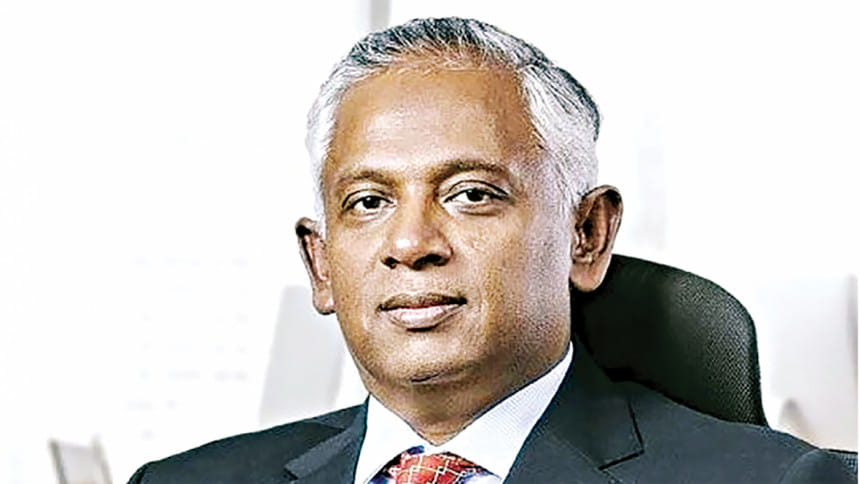Rethinking accounting today

Every year on November 10, the world recognises International Accounting Day, celebrating the essential role accountants play in ensuring financial stability and growth across economies. Despite the significance of this profession, interest among the younger generation has been waning. Several factors contribute to this trend, painting a picture of a field in need of revitalisation amid technological disruption and ongoing challenges.
A trillion-dollar economy presents a significant opportunity for professional accountants, requiring approximately 50,000 to 150,000 accountants (for Bangladesh it should be between 20,000 to 75,000), depending on economic complexity and industry diversity. Currently, Bangladesh has less than 4,000 professional accountants considering certified management accountants (CMA), chartered accountants (CA) and others. This demand highlights strong prospects for individuals entering the field, driven by expanding industries and evolving financial and regulatory needs.
Interest in the accounting profession has declined over the past decade. The perception of accounting as monotonous and repetitive deters young talent who seek more dynamic and innovative career paths. Additionally, the extensive educational and certification requirements, such as CMA, CPA, ACCA, or CA designations, are daunting, demanding significant time and effort. This level of commitment can push potential candidates toward fields that promise higher starting salaries and quicker returns on investment. Furthermore, the work-life balance associated with accounting often does not align with the lifestyle preferences of modern jobseekers.
Technological advancements, including artificial intelligence (AI), blockchain, and cloud computing, are significantly impacting the accounting field. On one hand, these innovations have automated many routine tasks, reducing the demand for entry-level positions. For instance, AI has streamlined data entry and basic financial analysis, improving overall efficiency. Blockchain technology, with its immutable ledger system, ensures enhanced transparency and fraud prevention, shifting traditional accounting methods. Cloud computing facilitates real-time data access and enables collaborative work environments, changing how accountants perform their duties. However, these advancements also shift the skills required to succeed in accounting. Professionals must now develop expertise in data analysis, IT, and strategic advisory roles, ensuring they remain relevant in a technology-driven landscape.
Reviving interest in the accounting profession requires strategic changes. First, educational curriculums need to incorporate technology to present the profession as tech-forward and dynamic. The versatility of accounting roles must also be highlighted, emphasising pathways in forensic accounting, financial consulting, and sustainability reporting. Mentorship programmes can provide guidance and demonstrate real-world impacts and diverse opportunities.
Gender diversity in accounting, especially in leadership, remains a challenge due to cultural norms and stereotypes impacting career growth. Inflexible workplace policies often affect women balancing caregiving responsibilities. To improve diversity, firms should implement flexible work arrangements, foster an inclusive culture, and create leadership programmes for women.
The accounting profession must tackle significant challenges to thrive, including keeping pace with technological advancements through continuous learning and upskilling. Professional development programmes that blend technical and soft skills are vital. Collaboration with tech providers can offer practical insights and tools, while robust cybersecurity measures are essential to safeguard client data as financial information becomes increasingly digitised in the digital age.
International Accounting Day is a time to celebrate the profession and consider its challenges and future. Collaborative efforts from educational institutions, firms, and industry leaders are essential to keep accounting innovative, respected, and appealing as a dynamic career choice for the future.
The author is the president of the Institute of Cost and Management Accountants of Bangladesh (ICMAB) and founder of BuildCon Consultancies Ltd.

 For all latest news, follow The Daily Star's Google News channel.
For all latest news, follow The Daily Star's Google News channel. 



Comments